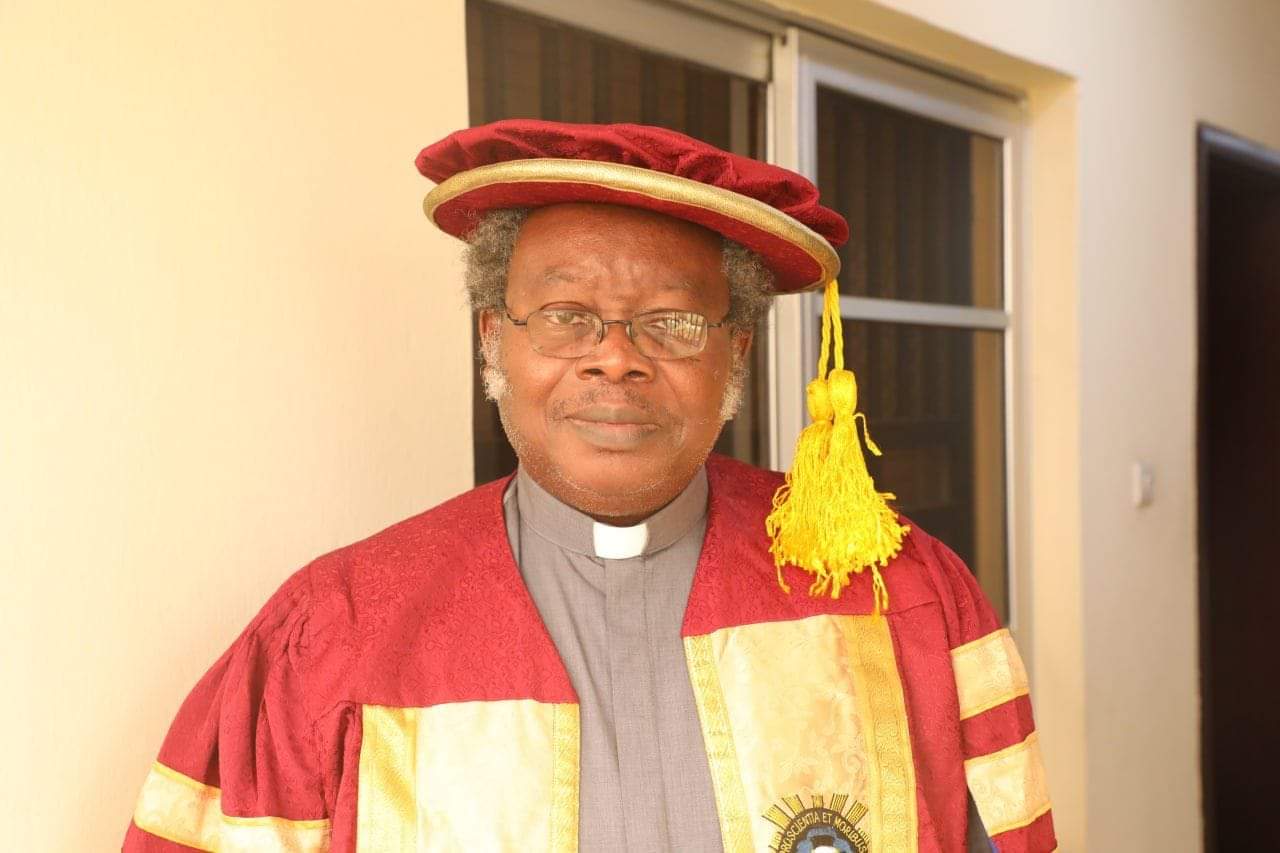
Dreaming of the Nigerian Project 1
I am a dreamer. I constantly dream of the Nigerian project. It is a project whose achievement would be a double transformation—the transformation of the geographical space called Nigeria, and the transformation of the people who lay claims to citizenship within that geographical space.
From the perspective of geographical space, the Nigerian project is the transformation of Nigeria from a state held together at gunpoint into a veritable nation whose citizens share common core values and work for the concretization of a common ideal, or of common ideals. Attainment of such ideals will be the result of a holistic development—by which I mean the material, moral, intellectual and spiritual development—of the human persons who go by the name Nigerians. Pursuit of this holistic development of the human person led me to my description of the project from the perspective of the citizens.
The Nigerian project is the achievement of a great country in the true sense of the word, that is, a country whose potentials are actualized because the country itself has been transformed into an aggregate of citizens whose potentials are actualized and whose legitimate aspirations are fulfilled.
In concrete terms, the Nigerian project would have been achieved when two conditions are met. The first condition is the transformation of this geographical space from a state held together at gunpoint into a nation, a union of citizens who are willing to live together as citizens of one nation working towards a common ideal.
Wherever the Nigerian finds himself or herself within this space, all the rights that belong to him or her as a human being and as a citizen will be respected and protected, and any violation of any of such rights visited with stiff sanctions. Within this space, wherever a citizen of Nigeria is found, he or she is an indigene and not a settler. In such a Nigeria, it will be considered unlawful, a violation of constitutional rights, to demand that citizens indicate their states or local government areas of origin when they fill forms. The mere fact of being a Nigerian would be sufficient. It will be a Nigeria of zero tolerance for any discrimination on the grounds of ethnic, religious, regional or gender affiliation.
The second condition is the transformation of the citizens from being underachievers into persons whose potentials are actualized, because the greatness of a country is measured by the actualization of the potentials of its citizens.
This ideal, this dream cannot be realized without good education. More than two decades after military rule, and given the continuing misadventure of government over-regulating the education sector, the time has come to return to what education really is—intellectual formation, character formation, technical formation (formation in competence), all rooted in spiritual and religious formation. If we are to realize this dream, we must see and assume the task of nation building. Protect and promote education and you protect and promote human dignity. Protect and promote human dignity and you establish right relationship, you establish the tranquility of order, you promote peace. But in all this, we must not forget that justice is not our own invention. It a gift from the merciful God. And what God offers us we can receive by cooperating with His grace.
There are a number of observations to be made and lessons to be learnt from the Nigerian narrative. First, having read Ibrahim Babangida’s self-serving autobiography, Journey in Service, a book whose unveiling was celebrated in a way that assaulted decency, Nigerians ought to learn by now, if we have not learnt it already, that a coup d’état is an unlawful means of taking over a government. The treachery among supposed friends, the readiness to shed blood in the obscene misadventure of military coups should teach us by now about a major obstacle on the path of authentic development, and that is, unlawful seizure of the reign of government through military coups and rigged elections.
Secondly, it is necessary to state this fact so that we can learn to abhor and avoid all unconstitutional means of taking over government, as well as unconstitutional use of lawfully constituted organs of government. By unconstitutional means, I mean not just a coup d’état, but also rigging of elections, and the use of institutions of state to fight political opponents, and even to rig elections. To be included on the list of unconstitutional means of taking over government is a so-called “government of national unity” or a “benevolent dictatorship” that some Nigerians call for from time to time. A government without constitutional basis, such as a military government or a government of national unity would lack legitimacy, a government lacking in legitimacy will violate our hard-won civil liberties, and when liberty is taken away development is jeopardized.
Thirdly, speeches made on coup days propose a “benevolent dictatorship”. I have heard many Nigerians of my generation say what we need in Nigeria is a benevolent dictatorship. But a benevolent dictatorship would be a contradiction in terms. Who is a benevolent dictator other than one who presents himself or is presented to us a dictator who imposes his good intentions? But in a multi-ethnic and multi-religious country like Nigeria, how will such a dictator emerge? A benevolent dictator would be someone who believes whatever he wills is good, and who imposes that good will on the polity. He would justify his tyranny by referring to his presumed good will. How can a country so diversed have a dictator whose benevolence is recognized across ethnic and religious boundaries? The history of Nigeria clearly points to the grave danger that this naïve proposition represents.
Moreover, God whose will is goodness itself does not impose his will on human beings. He does not force human beings to be good. To be continued.



Leave a Comment